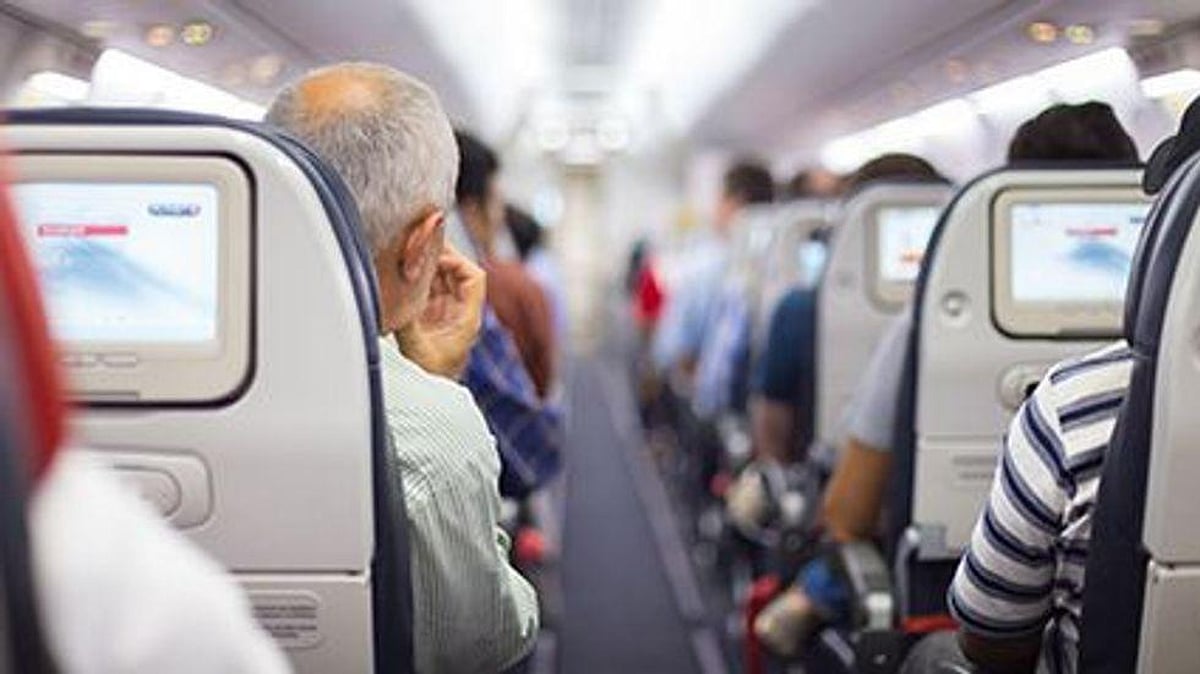CDC to Toughen COVID-19 Testing for International Travelers

WEDNESDAY, Dec. 1, 2021 (HealthDay News) -- As the world struggles with ways to stem the spread of the new omicron variant, the U.S. Centers of Disease Control and Prevention announced Tuesday that international travelers to the United States will soon have to provide a negative result from a COVID-19 test taken within 24 hours of departure.
That is a much tighter turnaround: Current rules allow fully vaccinated people to take a polymerase chain reaction (PCR) test for COVID-19 up to three days (72 hours) before departing on a flight to the United States.
The "CDC is working to modify the current global testing order for travel as we learn more about the omicron variant; a revised order would shorten the timeline for required testing for all international air travelers to one day before departure to the United States," agency spokesman Jason McDonald said, The New York Times reported. "This strengthens already robust protocols in place for international travel, including requirements for foreign travelers to be fully vaccinated."
It is not clear whether the new, tougher rule will require an antigen or rapid PCR test. President Joe Biden has said he will announce on Thursday plans for strengthening safeguards against COVID-19. It is not clear whether Biden will announce the tougher testing requirements, and McDonald offered no timeline for the CDC action, The Times reported.
In the meantime, the CDC continues to recommend that all travelers also get a COVID-19 test three to five days after arrival in the United States. Unvaccinated travelers should self-isolate and quarantine for seven days after arrival, even if they test negative, according to the agency.
Natalie Quillian, deputy coordinator for the COVID-19 response at the White House, said Monday that the omicron variant had prompted the administration to take a hard look at what safeguards it has in place to make sure people entering the country were not carrying the virus.
"We're constantly looking at what can we do to make that travel system even stronger," she told The Times. "For example, right now we're assessing all of our tests to make sure they're effective in picking up this variant. If we found that a test was not effective at picking up the variant, we would remove that [variant] from the list that is accepted to enter the country."
Related Posts
La UE podría levantar las normas de viaje a Europa por la COVID para las personas vacunadas
MIÉRCOLES, 23 de febrero de 2022 (HealthDay News) -- Todos los requisitos de...
This Summer, Could You Spot the Signs of Heat Illness?
SATURDAY, June 17, 2023 (HealthDay News) -- Heat illness can be deadly, so it’s...
Los pacientes con COVID negros e hispanos tienen menos probabilidades de que les den el antiviral Paxlovid
VIERNES, 28 de octubre de 2022 (HealthDay News) -- Los pacientes negros e...
Salmonella Linked to Pet Turtles Has Hospitalized 5, CDC Says
FRIDAY, July 22, 2022 (HealthDay News) -- Tiny turtles are the cause of a...
